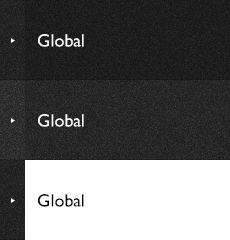The Re-Inventing Japan Project is a program initiated by the Ministry of Education, Culture, Sports, Science and Technology (MEXT) in fiscal 2011 that aims to foster global human resources capable of being active internationally and strengthen the ability to expand university education worldwide. Three projects from Tokyo Institute of Technology (Tokyo Tech) have been adopted for the project: JTRE, Advanced TKT CAMPUS Asia Consortium, and IUEP-RUSSIA. In fiscal year 2021, the "Joint Education and Research Programs of Top Asian Science and Engineering (CAMPUS Asia Plus)" has been adopted as the successor to the "Advanced TKT CAMPUS Asia Consortium".
There are currently two programs in progress.
Joint Education and Research Programs of Top Asian Science and Engineering Universities (CAMPUS Asia Plus)
Tokyo Tech is deepening science- and technology-related collaboration among top universities in Asia through student and research exchanges with Tsinghua University (China), KAIST (South Korea), and Nanyang Technological University (NTU) (Singapore). Students from Tsinghua University, KAIST, and NTU are accepted at Tokyo Tech and students from Tokyo Tech are sent to both of these universities to conduct research activities. The Consortium aim to improve the levels of higher education in Asia through university-wide cooperation so that future Asian leaders with high potential can be produced.
CAMPUS Asia Plus
Nurturing leader scientists and engineers for healthcare, medical, nuclear power, and energy industries between Japan and Russia (IUEP-RUSSIA)
The main characteristic of the initiative is the way in which Tokyo Institute of Technology's Combined Life Engineering Course, Nuclear Engineering Course, and Life Science and Technology Course, which promotes the science and engineering of life, within the integrated research education field, act as the focal point and cooperate to actively promote academic exchanges between Japan and Russia through student exchanges with the top two Russian universities in these fields of integrated science and engineering, and the way in which both countries cooperate to develop young engineers that can contribute to expected future.
IUEP-RUSSIA
. Any information published on this site will be valid in relation to Science Tokyo.


